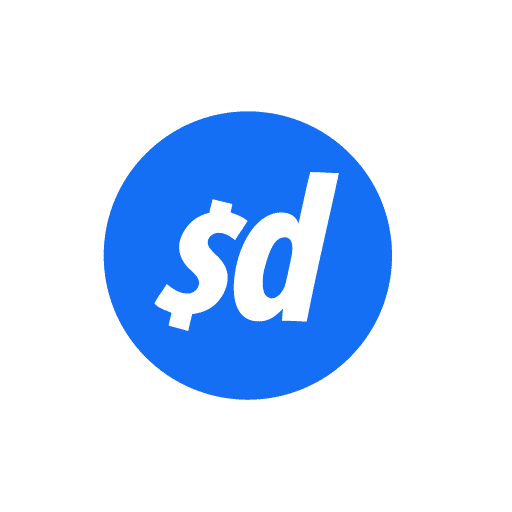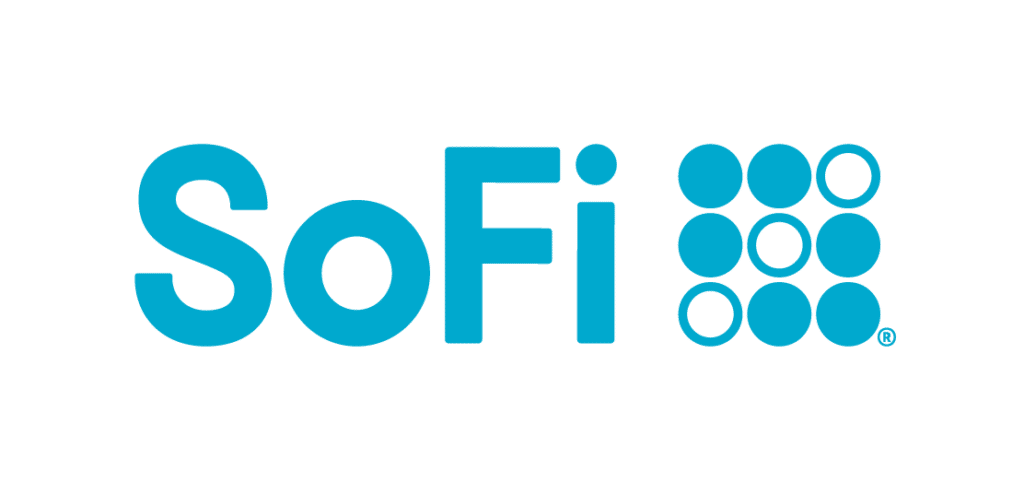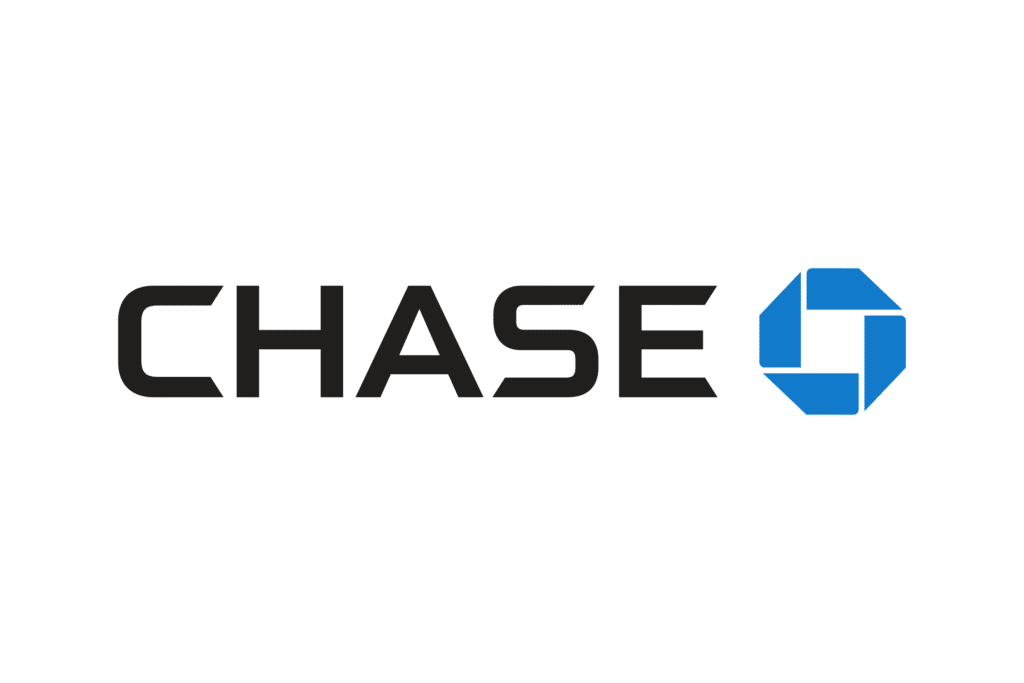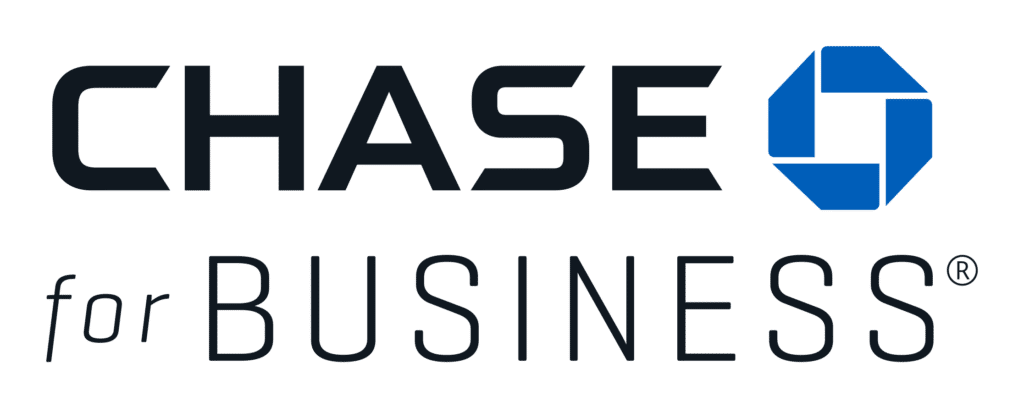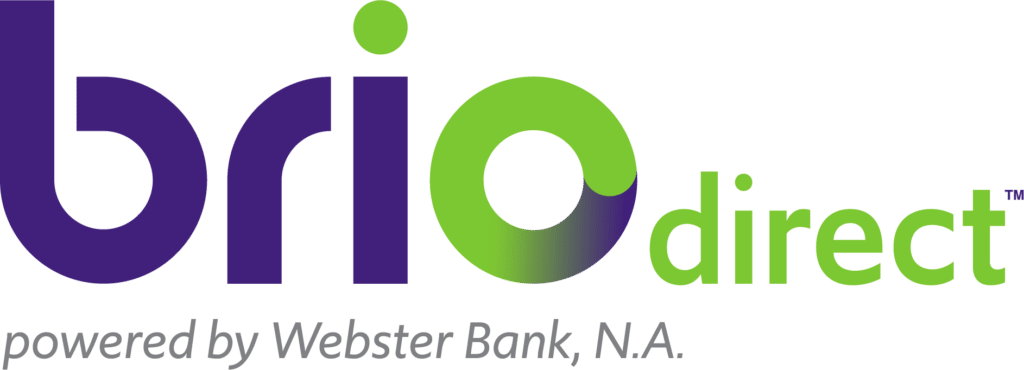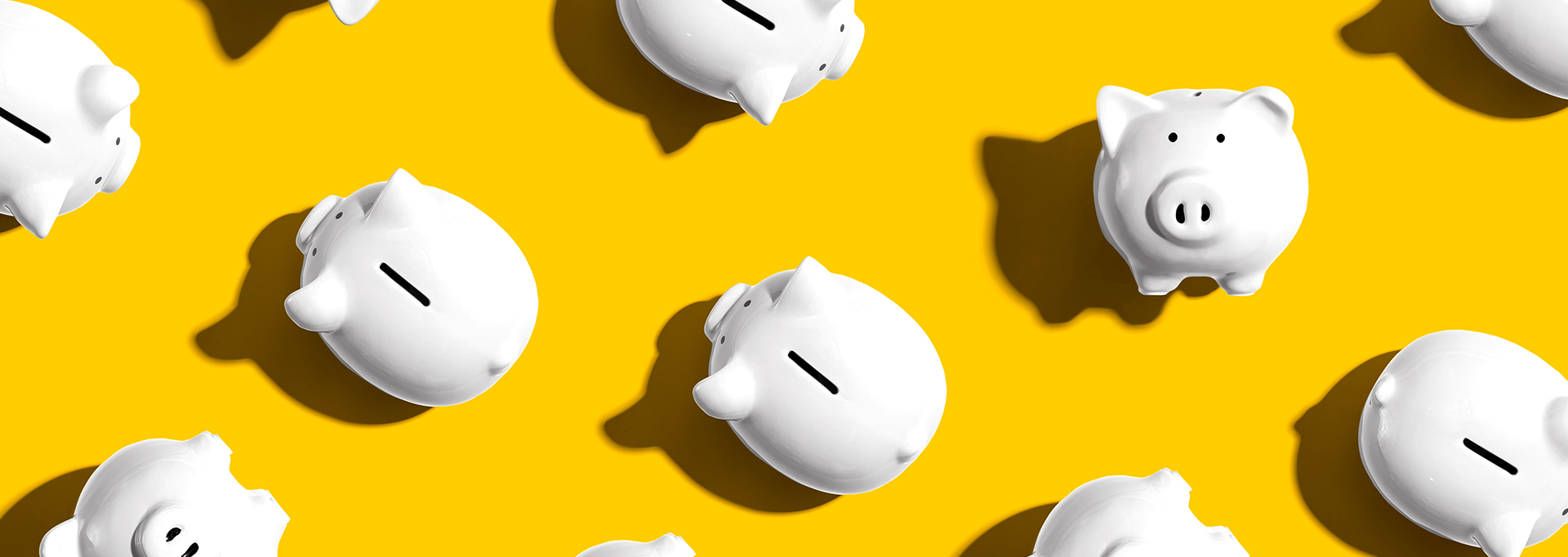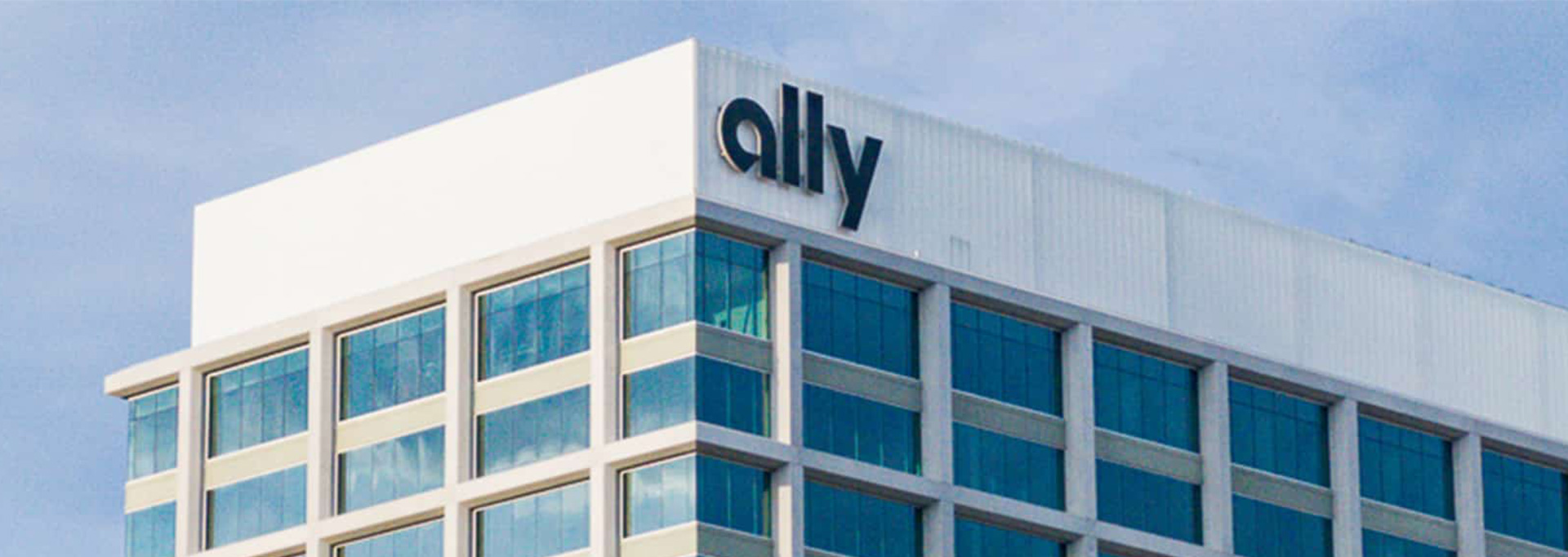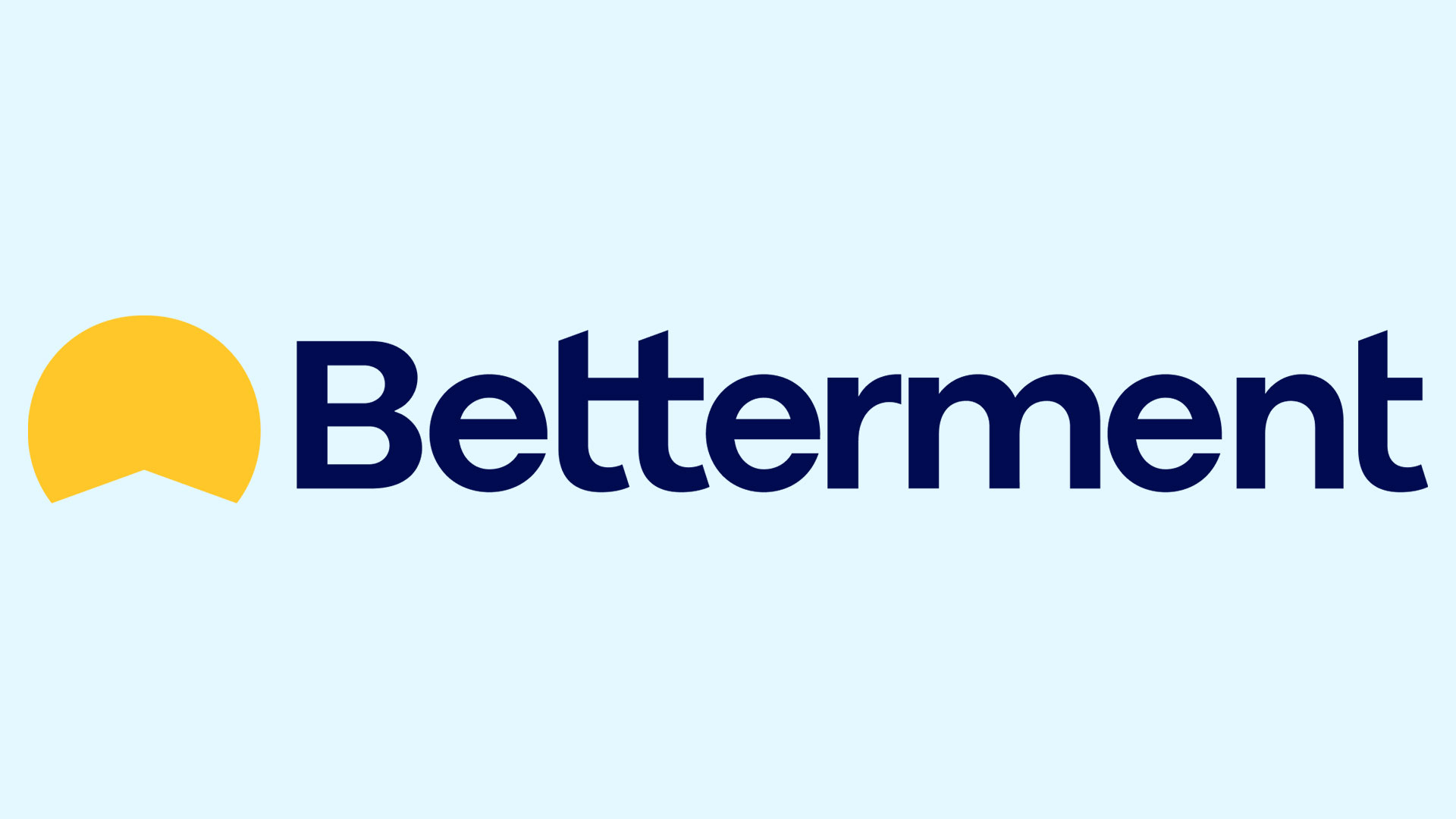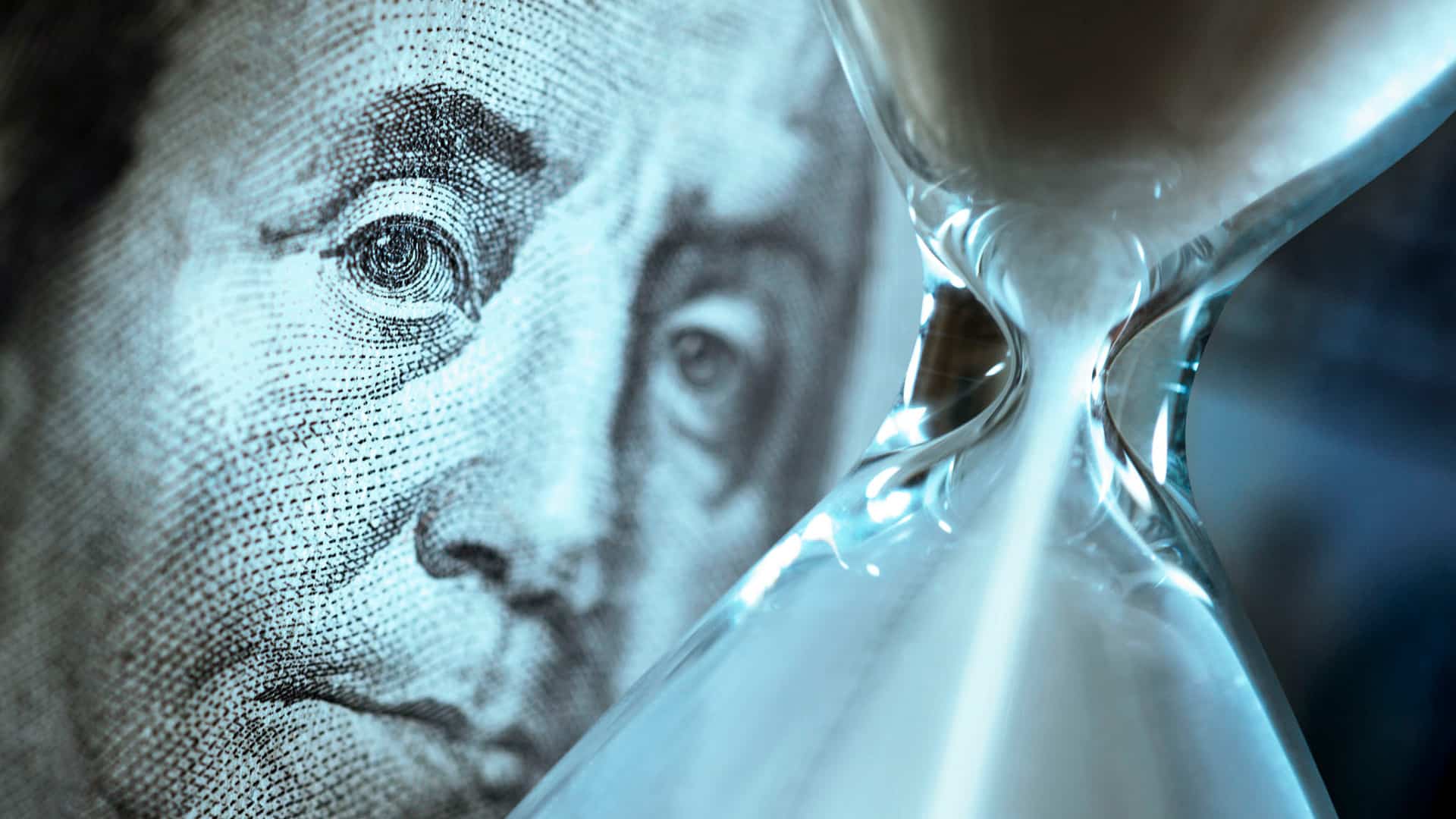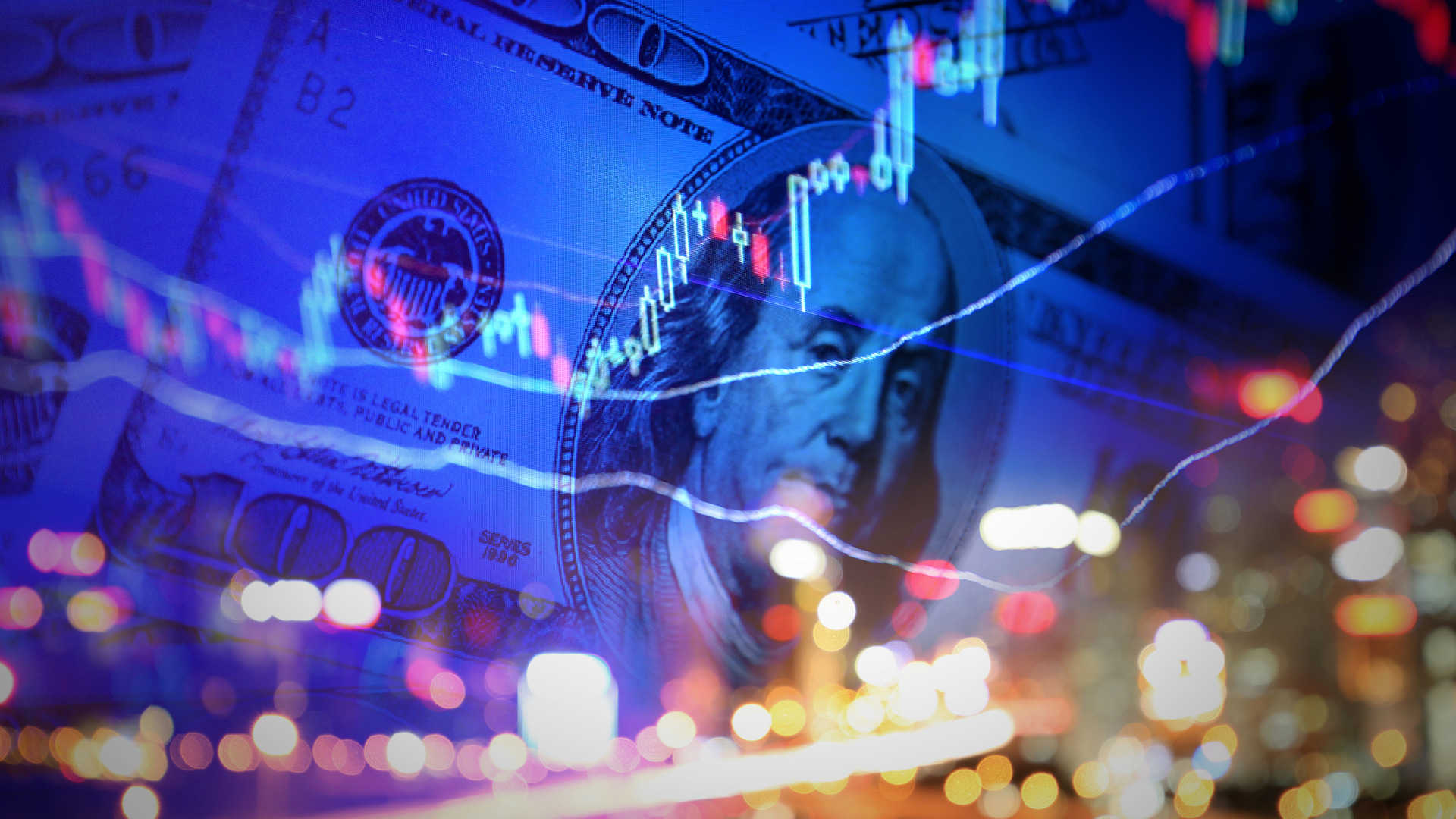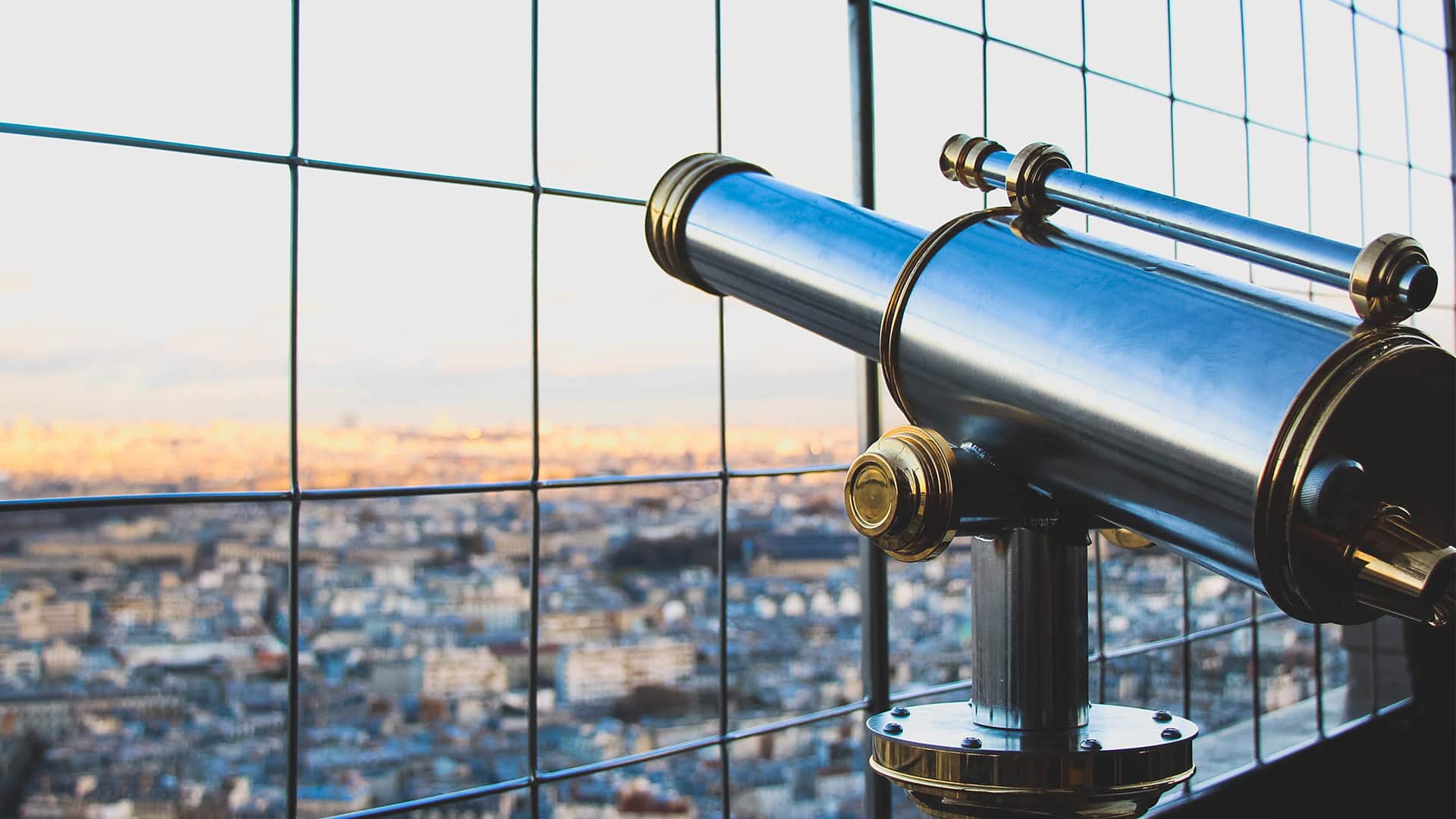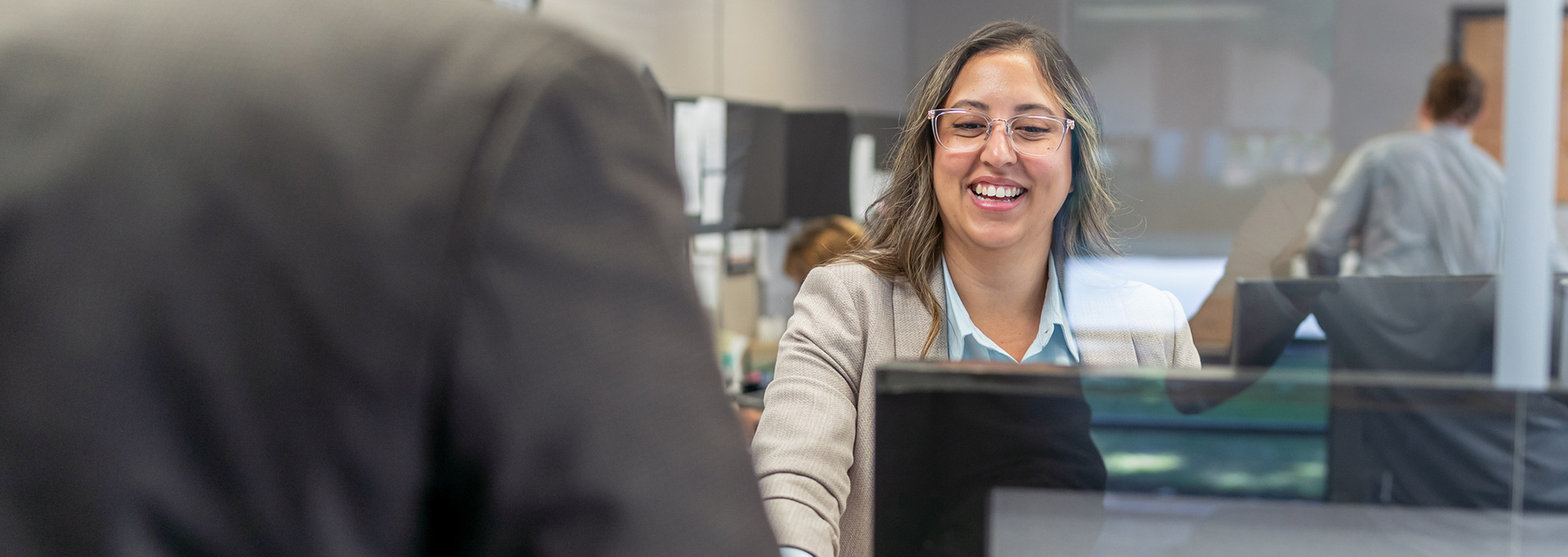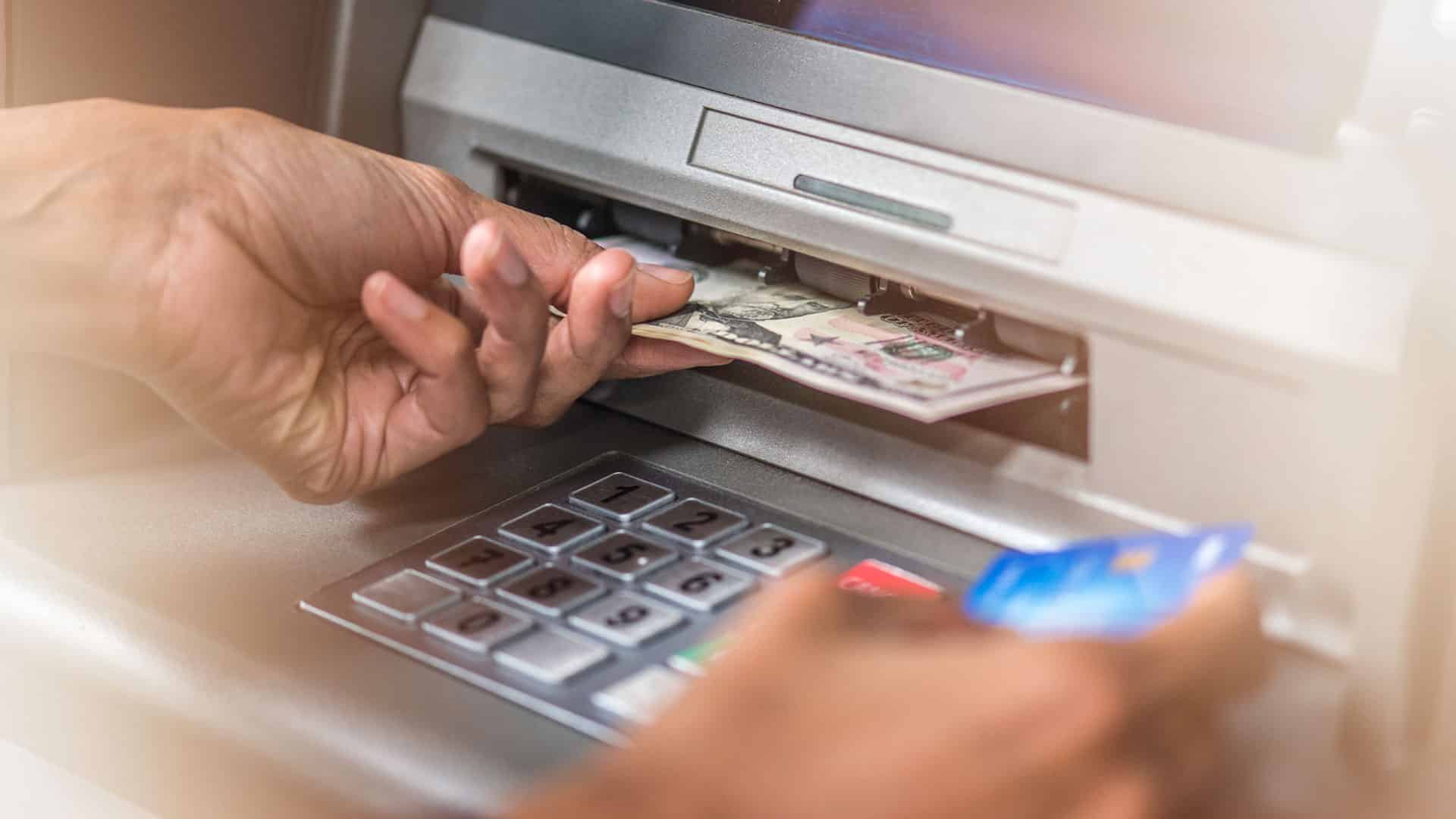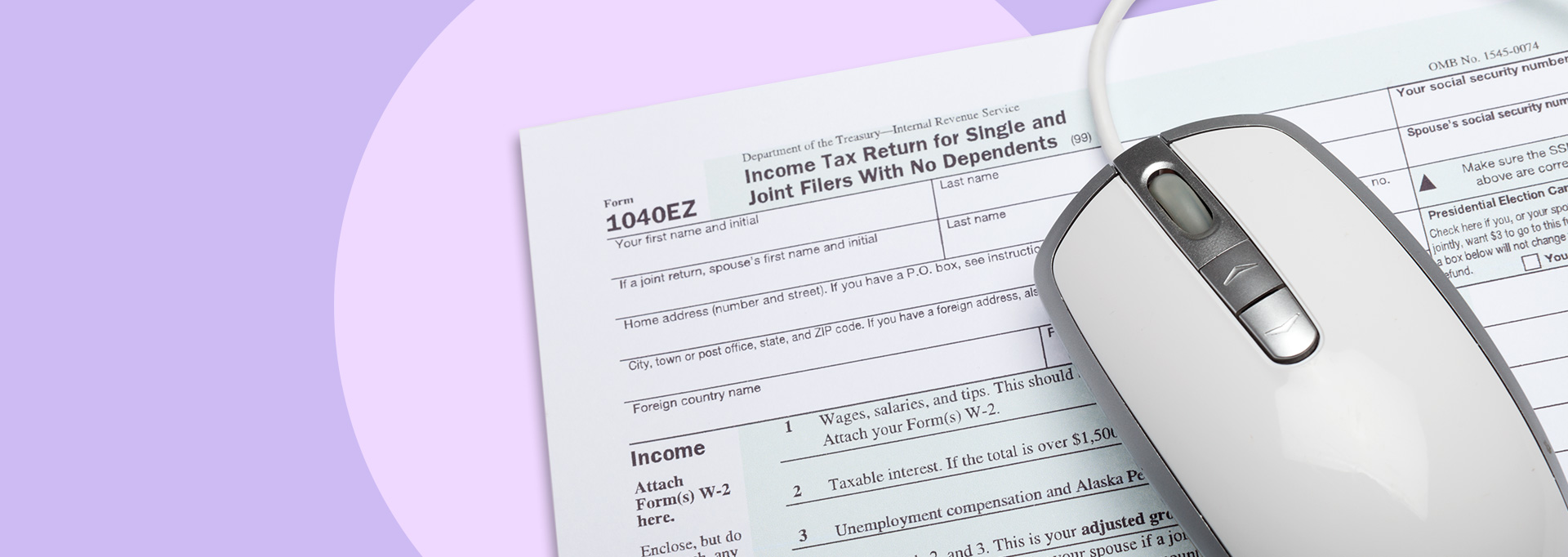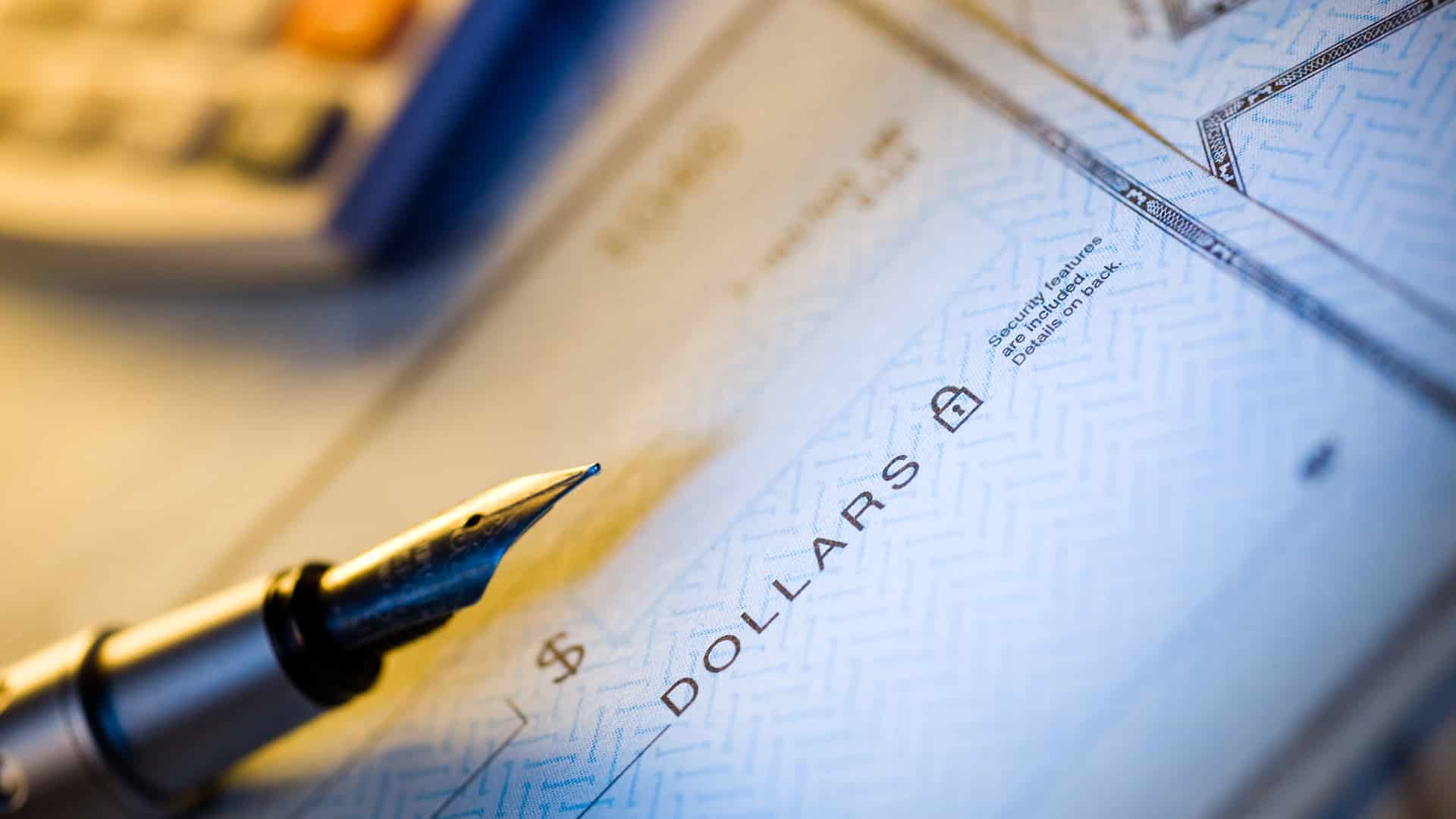Most products on this page are from partners who may compensate us. This may influence which products we write about and where and how they appear on the page. However, opinions expressed here are the author's alone, not those of any bank, credit card issuer, airline or hotel chain.
Banking is the foundation for many people’s financial planning, and you can choose between a variety of bank account types with a spectrum of features to match your needs. Each bank account type has unique features and potential fees to watch out for before deciding where to put your money. Below is a list of the common types of bank accounts, their features and what to look for when opening a bank account.
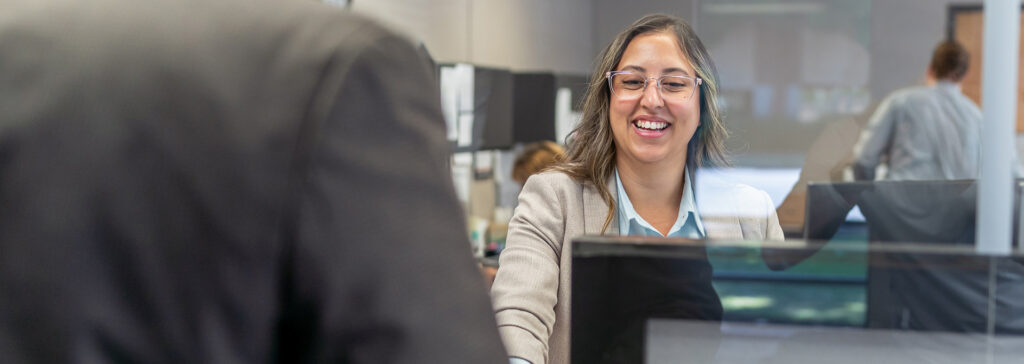 Related Article
Related Article
How to Open a Bank Account: A Beginner’s Guide
Checking Accounts
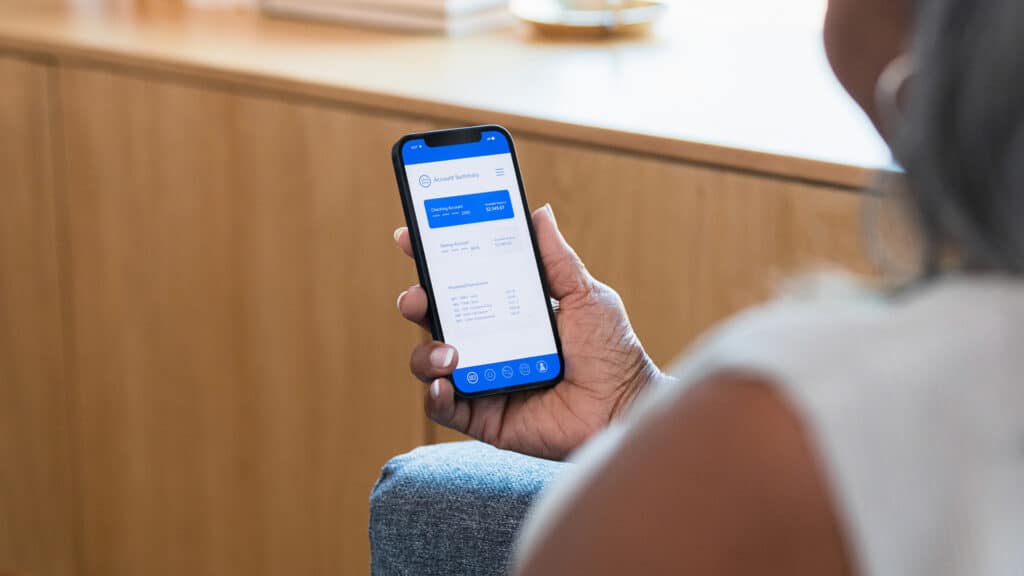
A checking account is probably the most common type of bank account. It's where paychecks are usually deposited, where your cash comes from when using your debit card, and where you typically pay your bills from. Some people set up a checking account as their main source for day-to-day spending and cash flow, from ATM withdrawals and automatic payments for monthly bills to direct deposit paychecks from their employer.
Some of the most appealing features to look for when considering checking accounts include:
- Direct deposit
- Online banking
- No minimum balance requirement
- Debit card
- No ATM fees
- Free checks
What to Look Out for When Opening a Checking Account
Checking accounts are a great option for easy access to your money. Even though they’re convenient, there are a few things to watch out for, especially with bank account fees:
- Opening bonuses: Consider taking advantage of opening a checking account with a bonus offer for new customers to make the most of the money you'll be putting into the account.
- Overdraft fees: Swiping a debit card can be easy but you can withdraw too much if you aren’t careful. Trying to take more out of your account than you have can result in overdraft fees.
- Bounced check fees: The tricky part with checks is that there may be a significant delay between when you write the check and when the money comes out of your account. This could potentially leave you with a bounced check or an overdraft in your account—both of which can result in penalties.
- Minimum balance: Most checking accounts don't have a minimum balance and there are a number of free checking accounts available. But if you decide to open an account with a minimum requirement, make sure you can maintain that balance before signing up. If you dip below the specified amount, the bank will most likely charge a fee.
- Maintenance and ATM fees: Some banks charge fees just to have a checking account as well as fees for ATM withdrawals. Be sure to factor that amount into your finances and budgeting when choosing which bank to set up an account with.
- Interest rates: Many checking accounts don't offer interest on the money you deposit. However, there are some high-yield interesting checking accounts.
Recommended Bank Bonuses
| Bank Account | Intro Bonus | Minimum Deposit | Learn More |
|---|---|---|---|
|
Member FDIC |
$50-$300Expires December 31, 2024
See full terms and disclosures at sofi.com/banking. Direct Deposit Promotion begins on 12/7/2023 and will be available through 12/31/24. SoFi members with Direct Deposit can earn 4.60% annual percentage yield (APY) on savings balances (including Vaults) and 0.50% APY on checking balances. There is no minimum Direct Deposit amount required to qualify for the 4.60% APY for savings (including Vaults). Members without Direct Deposit will earn 1.20% APY on savings balances (including Vaults) and 0.50% APY on checking balances. Interest rates are variable and subject to change at any time. These rates are current as of 10/24/2023. There is no minimum balance requirement. Additional information can be found at http://www.sofi.com/legal/banking-rate-sheet. |
N/A | Open Account |
|
|
$300Expires October 16, 2024
New Chase checking customers enjoy a $300 bonus when you open a Chase Total Checking® account with qualifying activities |
N/A | Open Account |
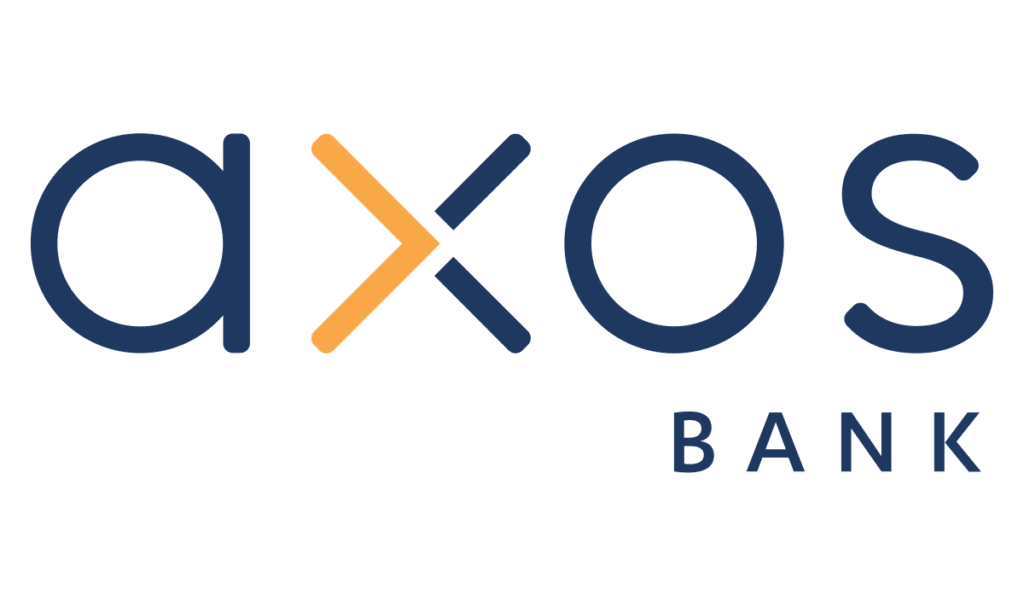
Axos Rewards Checking Account |
Up to $500Expires July 31, 2024
Cash in on up to a $500 bonus† and up to 3.30% APY* with a new Rewards Checking account. Just use promo code RC500 before July 31. |
N/A |
This product is currently not available via Slickdeals. All information about this product was collected by Slickdeals and has not been reviewed by the issuer. |
|
|
$300Expires October 17, 2024
Earn $300 when you open a new Chase Business Complete Checking® account. For new Chase business checking customers with qualifying activities. |
N/A | Open Account |
Savings Accounts

A savings account is a type of bank account that allows you to save your money and earn interest. Savings accounts are sometimes paired with checking accounts to make it easier to separate and manage finances. You can set up a personal budget and put a portion of your paycheck into your account to build up your savings.
You can save up for a specific reason, like a vacation, car, house repairs or an emergency fund. Whatever the reason, keeping some money in a separate account from the one you use for your day-to-day spending can help you save for when you need it without worrying about accidentally spending it.
Some of the features to look for in a savings account include:
- Online banking options with a linked checking account
- Competitive interest rates
- No monthly maintenance fees
What to Watch Out for in a Savings Account
Savings accounts seem fairly straightforward but there are a few things to keep in mind when opening an account:
- Taxable interest: The interest your money earns while in your savings account is taxable. If you earn a considerable amount in interest, have a plan for it during tax time.
- Minimum balance: Some banks require a minimum balance, so you must be able to maintain this amount or face a penalty any time you drop below that threshold.
- Withdrawal limits: Typically, banks have a limit of six withdrawals or transfers from your savings account a month. If you need to access your money more frequently, consider putting those funds into a checking account.
- Interest rates: Traditional savings accounts typically don't earn a lot of interest, but they can be a safe place to store funds you'll need in the future. If you want higher interest rates, check out high-yield savings accounts from online banks.
- Multiple savings accounts: You can set up more than one account for each of your financial goals, like a vacation or home renovation. There is no rule limiting you to a certain number of accounts. Each is kept separate so you don’t accidentally spend money from the wrong account.
- No debit card or checks: Most savings accounts don't offer a a debit card or checks, though you can occasionally find one that does. Typically, you need to withdraw money from the account or transfer funds to a checking account to gain access to it.
Recommended High-Yield Savings Accounts
| Bank Account | APY | Features | Learn More |
|---|---|---|---|
|
|
5.30%
*Annual Percentage Yield (APY) is accurate as of 6/4/2024. Rate is subject to certain terms and conditions. You must deposit at least $5,000 to open your account and maintain $25 to earn the disclosed APY. Rate and APY may change at any time. Fees may reduce earnings. |
$5,000 min. deposit |
Open Account |
|
|
5.15%
UFB Direct breaks balances into five tiers, but, currently, there is only one interest rate. |
No minimum deposit |
Open Account |
|
Member FDIC |
0.50% - 4.60%
SoFi members with Direct Deposit or $5,000 or more in Qualifying Deposits during the 30-Day Evaluation Period can earn 4.60% annual percentage yield (APY) on savings balances (including Vaults) and 0.50% APY on checking balances. There is no minimum Direct Deposit amount required to qualify for the stated interest rate. Members without either Direct Deposit or Qualifying Deposits, during the 30-Day Evaluation Period will earn 1.20% APY on savings balances (including Vaults) and 0.50% APY on checking balances. Interest rates are variable and subject to change at any time. These rates are current as of 10/24/2023. There is no minimum balance requirement. Additional information can be found at http://www.sofi.com/legal/banking-rate-sheet. |
No minimum deposit |
Open Account |
|
|
5.00%
Earn 5.00% APY on balances over $5,000. Balances of less than $5,000 earn 0.25% APY. Annual Percentage Yield is accurate as of May 6, 2024. Interest rates for the Platinum Savings account are variable and subject to change at any time without notice. |
$100 minimum deposit |
Open Account |
Money Market Accounts

Money market accounts are similar to savings accounts, but there are some notable differences between the two. Money market accounts (MMAs) combine the benefits of a checking and savings account—you can save your money and gain interest but also use a debit card or checks to easily access your funds. Some people choose to open this type of account when they have a large payment coming up that they need to save for but also need easy access to, such as a down payment on a house or college tuition.
Some of the features most money market accounts offer include:
- Debit card
- Checks
- ATM withdrawals
- Higher interest rates than typical savings accounts
What to Watch Out for in a Money Market Account
Money market accounts have some positive features, such as higher interest and easy access to your money, but they also have a few limitations to keep in mind:
- Limited withdrawals: Most MMAs provide you with a debit card or checks to access your money but they may have withdrawal limitations similar to those of savings accounts. You typically can only take out money or transfer up to six times a month.
- High opening and minimum balance: MMAs often require you to open with and maintain a minimum balance, but you can find some that require lower amounts.
- Taxable interest: You may earn a bit higher interest than a typical savings account, but that interest is also taxable.

How to Dispute a Charge on a Debit Card
Certificates of Deposit
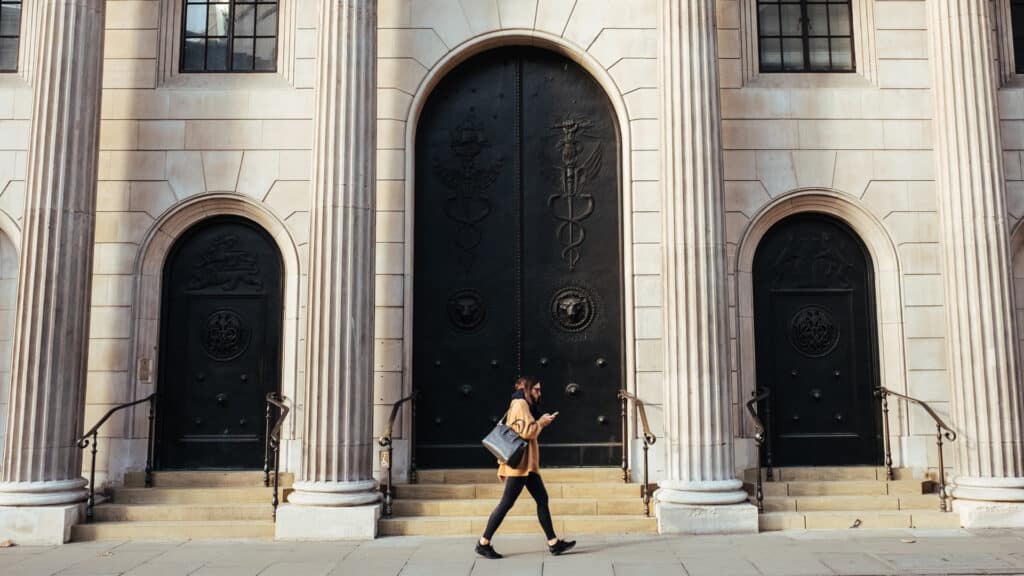
A certificate of deposit (CD) account is a type of savings account that earns interest—but with a few stipulations. The main catch of a CD is that you are essentially loaning your money to the bank for a specified amount of time, during which you can't touch your money. If you do, you will get charged a penalty fee. The bank secures your money, and you are guaranteed to earn whatever interest they have set on your account.
A few features of CDs include:
- Variety of maturity time frames
- Higher interest rates than typical savings accounts
- Funds are locked in at an interest rate for a specified period of time
- Flexible rate CDs available
What to Watch Out for in Certificate of Deposits
CDs are a good option for people who want to save money, earn interest and won’t need to access their money for a long time. With that in mind, there are a few things to consider when looking into CDs:
- Maturity terms: A CD is essentially a locked savings account you agree not to access in order to earn a higher return than you would with a typical savings account. The maturity time frame varies. Some banks offer CDs as short as 28 days and as long as 10 years or more.
- Early withdrawal fees: If you decide you must access the money in your CD before its maturity date, you will get charged a hefty fee.
- Higher interest for longer time periods: The longer you leave your money in the hands of the bank, the higher your interest rates will likely be, though some short-term CDs have competitive APYs these days. Check out the rates for each time frame to find the best account for your needs.

4 Best No-Penalty CD Rates in July 2024: Earn Up to 4.70% APY
Brokerage Accounts

Brokerage accounts are ideal for someone who wants a traditional bank account with easy access to the stock market. You can deposit money and withdraw what you need. The additional feature of this type of bank account is that you can also use those same funds to directly buy investment securities, such as bonds, stocks, ETFs and mutual funds.
Some of the standout features of a brokerage account can include:
- Directly invest money in the stock market
- Debit card access
- Invest with as little as $1 with fractional shares
What to Watch Out for in a Brokerage Account
A brokerage account is an excellent option for someone interested in streamlining their investments, but consider a few caveats when thinking about opening one:
- Investments have risk: As with all investments, there is the chance of losing money. By connecting your investments directly with your bank account, you’re risking your money, so you may consider keeping emergency funds in a separate account.
- Commission fees: Some brokerages charge a commission fee on money earned through your brokerage account and some charge fees on every transaction. Research all the fees before choosing a brokerage.
- High earning potential: If you have the funds to take the risk, investments could earn you a lot of money over time.
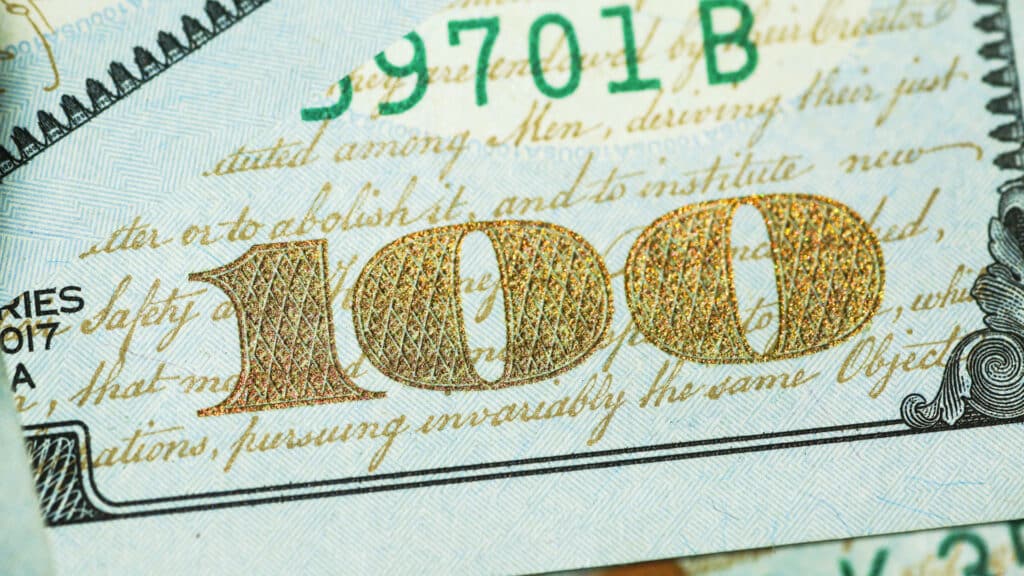
11 Ways to Invest $100 for Beginners (and Grow It to 6 Figures)
Retirement Accounts

Retirement accounts are a great way to plan for long-term savings. Individual retirement savings (IRAs) and Roth IRAs are two common types of retirement accounts. You or your spouse can also contribute money to your retirement account through a 401(k) if your employer offers one. These accounts are specifically built for long-term savings, so you will be adding to the balance over time without a plan of withdrawal until after you reach retirement age.
Retirement accounts can vary, but some general features include:
- If you use a traditional IRA, contributions are tax deferred
- If you use a Roth IRA, earnings grow tax free
- If you have a 401(k) plan, your employer may match your contributions
- Retirement contributions are capped yearly by law
What to Watch for in Retirement Accounts
Retirement accounts are a solid option for people concerned about saving for their future. Someone just starting in the job market can begin investing in their IRA and experience benefits long after they retire, depending on how they have their funds disbursed. A few things to consider when choosing your IRA include:
- Taxes: Traditional IRAs reduce your taxable income upfront, but then you pay those taxes once you withdraw your money. Roth IRAs are funded after taxes are paid on your income, so you don’t pay them again when you withdraw.
- Early withdrawal fees: If you withdraw funds from your IRA before retirement age, you will be subject to a penalty fee.
- Contribute after retirement: You can continue to contribute as long as you are under the required age limit and you are contributing income you earned from a job.
FAQs
-
There is no limit to the number of bank accounts you can have. You can decide which accounts and how many you need to successfully navigate your financial needs, but you don't want so many accounts that it becomes difficult to manage them or track your finances.
-
The requirements vary for each bank and account, but some typical requirements include to open a bank account include:
-A valid government-issued photo ID.
-Your personal information including birthdate, Social Security number or taxpayer identification number and phone number
-Initial deposit
-A utility bill or something else you can use as evidence of your home address -
Whether you need a minimum deposit depends on the specific account you’re opening. Some don’t have a minimum deposit requirement at all. You can contact your bank before opening your account to get familiar with their specific requirements.





